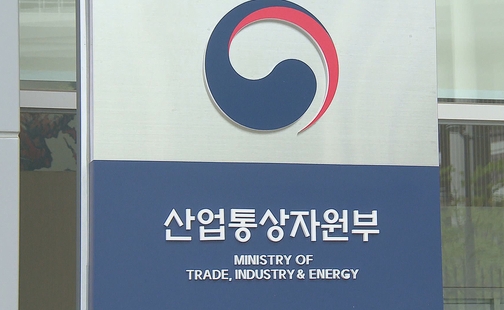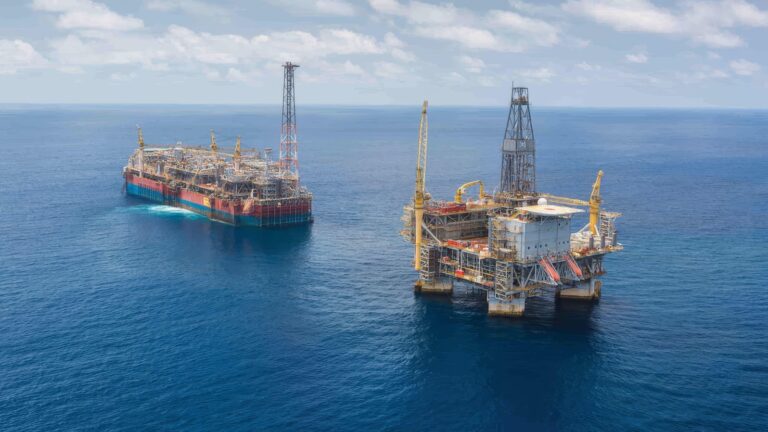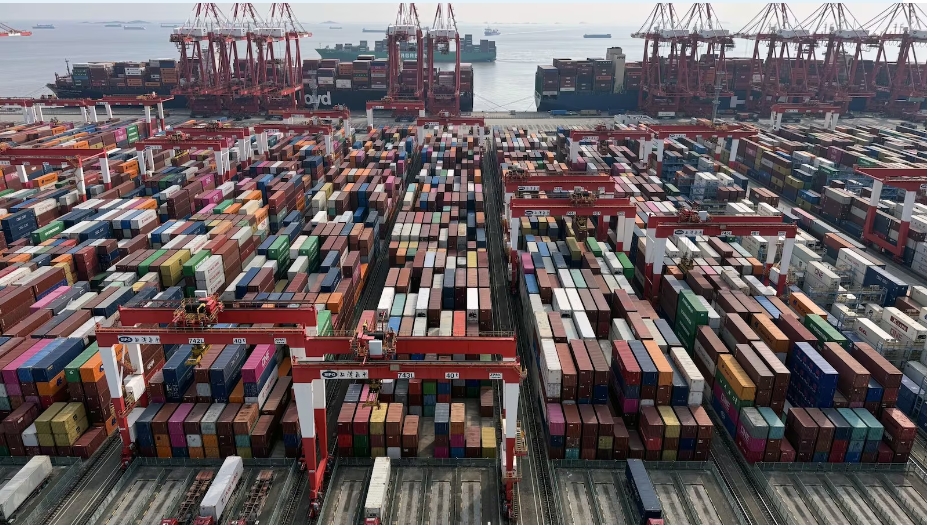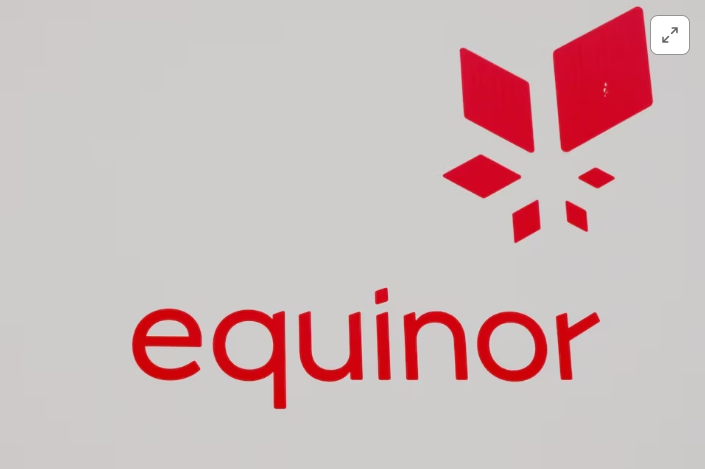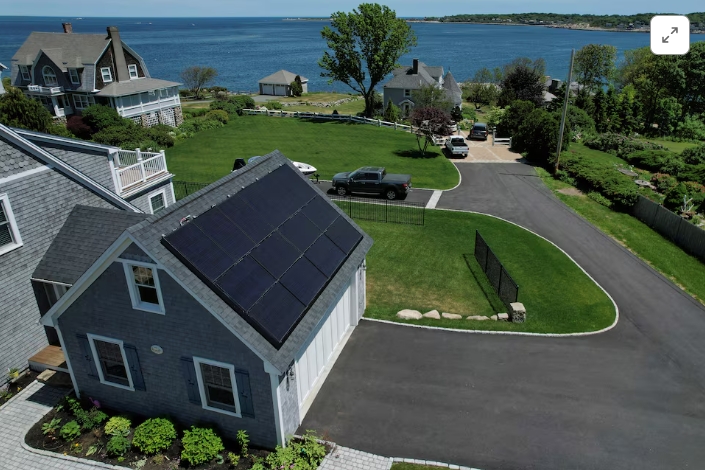The UK has launched a consultation on proposed regulations for nuclear-powered ships that would enable UK-flagged vessels to use the power source and international vessels to visit its ports. "The UK is committed to enabling the adoption of new technologies that manufacturers and ship owners may choose to meet legal requirements relating to air pollution and greenhouse gas emissions, and therefore will establish a regulatory framework that will support nuclear-powered ships as an alternative fuel option," said the UK Maritime & Coastguard Agency (MCA).
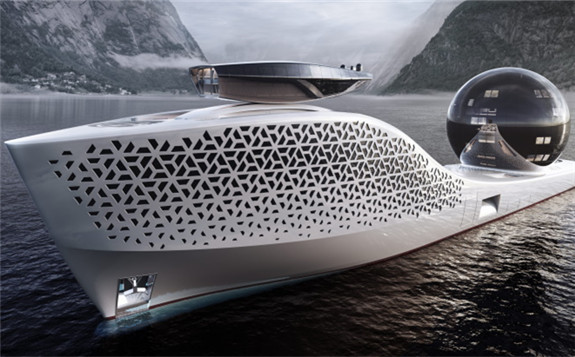
In March this year, plans were announced for the Earth 300 - a 300-metre-long, nuclear-powered research ship - scheduled to launch in 2025 (Image: Earth 300 Ventures)
To do this, MCA wants to create national legislation that mirrors provisions of the International Convention for the Safety of Life at Sea (SOLAS) and the International Maritime Organisation (IMO) Code of Safety for Nuclear Merchant Ships - also known as the Nuclear Code - that the convention refers to. Signatories to SOLAS are obligated to do this, but the UK has lagged behind by some 40 years by not matching the 1981 Nuclear Code.
Filling this "regulatory gap", as the MCA calls it, would install a ready-made suite of regulation providing for the construction and operation of UK ships using nuclear power, as well as for nuclear powered ships with flags of other countries visiting UK ports.
The proposed regulations would introduce a dedicated nuclear pre-commissioning test programme as well as surveys during the construction and trial phases for quality assurance and to verify a ship is built in line with requirements. There would also be regular surveys of the nuclear portion of a ship during its operational life.
SOLAS signatories are responsible for making sure vessels under their flag comply with its regulations, and are empowered to check vessels of other flag nations if there are grounds to think standards are not being met.
MCA is including an "ambulatory" clause in its proposed legislation, which provides for UK rules to stay in line with other countries if IMO regulations change.
The cost of the change would be very small, MCA said, given there are no nuclear ships on the UK flag at present, and there are no published plans for any with the next ten years. It therefore will not affect any ongoing operation or project.
MCA plans to review consultation responses in November and introduce the new legislation in December.


